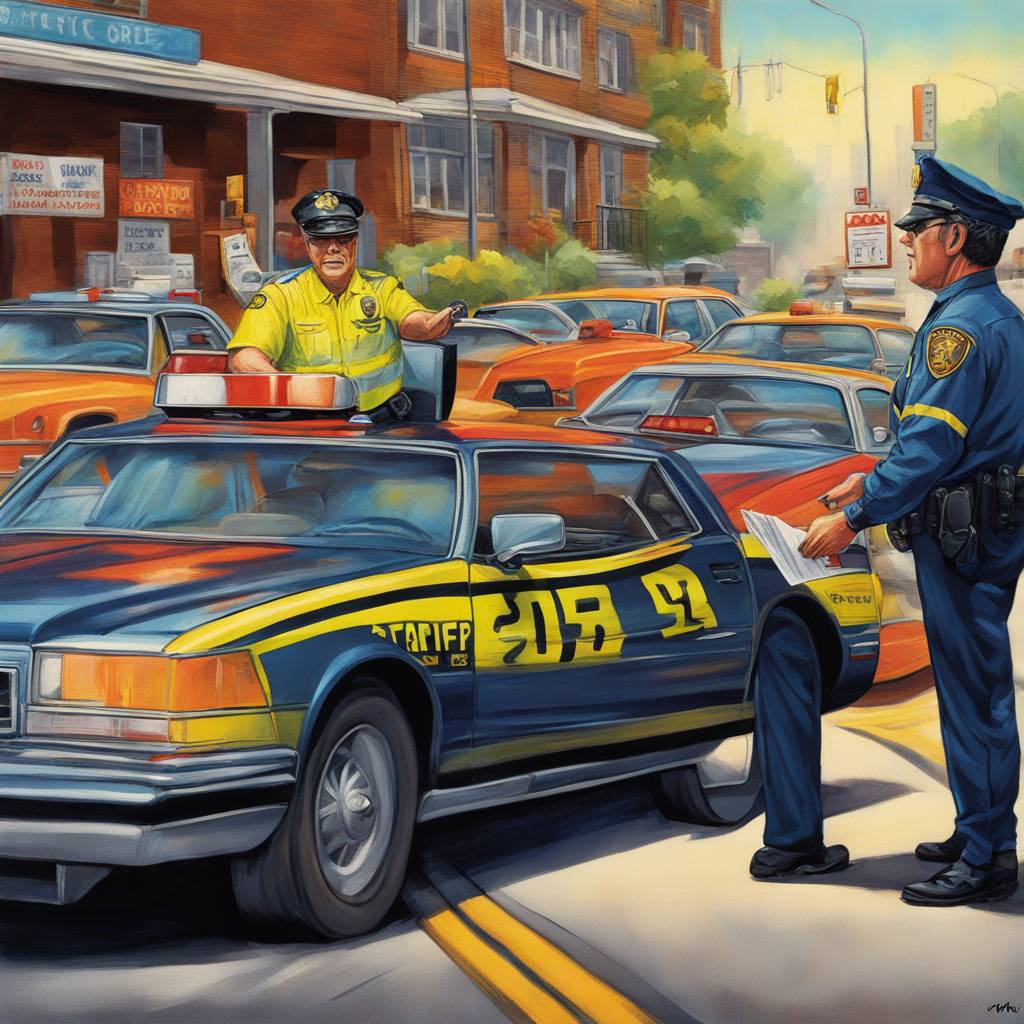Victoria’s Assistant Commissioner for Road Policing, Glenn Weir, recently apologized after being caught speeding in a 50 km/h zone in Parkville earlier this year. Weir was traveling in an unmarked police car at 58 km/h when a mobile speed camera detected the offense in February. As a result, Weir received a $337 fine and one demerit point. In a statement, he took full responsibility for the error and expressed regret for the incident, acknowledging that no one is immune from making mistakes on the road. The offense occurred at 10:55am on February 29 on Manningham Street while he was en route to a meeting, mistaken in believing he was driving in a 60 km/h zone. Despite his eligibility for a warning, Weir chose to pay the fine instead.
Weir’s commitment to road safety throughout his career made the incident particularly concerning, as he acknowledged that all speeding is unacceptable, regardless of the extent. His position as Assistant Commissioner for Road Policing highlighted the importance of setting a responsible example for others, making his offense even more significant. Weir’s statement emphasized the need for accountability and the recognition that even those in authoritative positions are not immune to mistakes on the road. The incident serves as a reminder that road safety should be a priority for all drivers, regardless of their status or occupation. Weir’s decision to pay the fine rather than seek a warning demonstrated his willingness to accept the consequences of his actions and acknowledge the seriousness of the offense.
Weir’s apology highlighted the gravity of the situation and the importance of taking responsibility for one’s actions. As a public figure in a position of authority, his acknowledgment of the mistake and willingness to accept the consequences set a positive example for others. By admitting his error and expressing regret for the offense, Weir demonstrated the values of accountability and integrity that are essential in promoting road safety. The incident also underscored the need for all drivers to adhere to speed limits and regulations, regardless of their position or occupation. Weir’s decision to pay the fine served as a lesson in humility and responsibility, reinforcing the idea that no one is above the law when it comes to road safety.
Overall, Weir’s speeding incident in Parkville serves as a cautionary tale for all drivers about the importance of obeying traffic laws and regulations. His apology and acceptance of the consequences demonstrate the values of accountability and integrity that are essential in ensuring road safety. By taking responsibility for his actions and acknowledging his mistake, Weir set a positive example for others to follow. The incident also highlights the need for drivers, regardless of their status or occupation, to adhere to speed limits and prioritize road safety. Weir’s decision to pay the fine rather than seek a warning serves as a reminder that no one is above the law when it comes to traffic offenses, reinforcing the idea that all drivers must be held accountable for their actions on the road.













